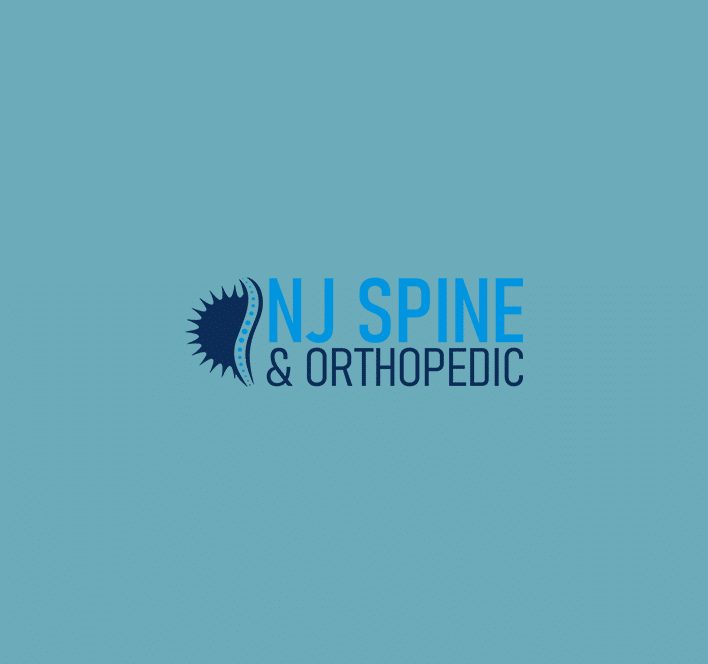Depending upon where it’s located, symptoms can range from seemingly non-existent to excruciatingly painful. But if you have a bone spur on your spine or heel, you’ll definitely know something is amiss. These tiny outgrowths of bone can have a big impact on your comfort and quality of life if not properly addressed.
Bone spurs, also called osteophytes, typically are caused by local inflammation, such as from degenerative arthritis or tendonitis, from injury to nearby cartilage or tendons, or simply the normal wear-and-tear brought on by aging. They can form virtually anywhere in the body, but are most common in places where bones connect to one another in the joints, including the knees, hips, shoulders and fingers, and many bring virtually no symptoms. In fact, patients often have no idea that they have a bone spur until it’s spotted via X-rays performed for entirely different health reasons. But those with the most noticeable and troublesome symptoms are heel bone spurs and spinal bone spurs.
Spurs that form in the spine can press against or pinch the spinal cord or adjacent nerve roots. If this is the case, you may experience a host of symptoms including numbness, tingling or pain, plus weakness in the area of the body that the affected nerve supplies. And those occurring in the heel can lead to swelling of the foot, tenderness or pain and difficulty walking.
Other symptoms of bone spurs or bone spur-related conditions, such as tendonitis, in various parts of the body can include:
- Tingling or burning in the hands or feet
- Dull neck pain
- Dull lower back pain
- Loss of coordination in a specific body part
- Muscle cramps, spasms or weakness
- Numbness
- Pain that radiates to the shoulder or down the buttocks or legs
- Headaches
- Difficulty controlling bladder or bowels
- Pain that increases with physical activity
- Pain that improves with rest or when leaning forward at the waist
Fortunately, there are some ways to help ward off the development of bone spurs, including adopting a diet rich in vitamins and calcium to ensure strong healthy bones, exercising regularly, maintaining a healthy body weight, and taking safety precautions such as wearing protective gear when playing impact sports that place increased stress on joints.
If you’ve already developed bone spurs that are affecting your comfort, mobility or quality of life, NJ Spine and Orthopedic can help. Our orthopedic specialist can prescribe anti-inflammatory pain medications or muscle relaxants to relieve discomfort from nerve compression; develop a customized physical therapy and rehabilitation program; perform cortisone injections into the facet joint space to reduce inflammation and diminish symptoms; or, as a last resort, perform minimally-invasive surgical procedures to remove small portions of bone and relieve pressure on spinal nerves via tiny incisions.
Think you may be suffering from spinal bone spurs? Call 855-586-2615 to schedule an appointment with a spine and orthopedic specialist today.

